
Even if the government was fully functional, you could justify avoiding these imported foods because they're notoriously filthy (and the FDA has the manpower to inspect only less than 2% of imports when it's up and running). Now that even fewer imports are being inspected than usual, your vigilance as a consumer is more important. Former FDA official William Hubbard told BuzzFeed that if the furlough continues, he has real concerns about foods that need to be the freshest: fish, seafood, fruits, and vegetables, and especially those products coming from countries with poor sanitation records. Other food-safety experts unwilling to speak on the record expressed the same concerns.
Imported Shrimp from Southeast Asia
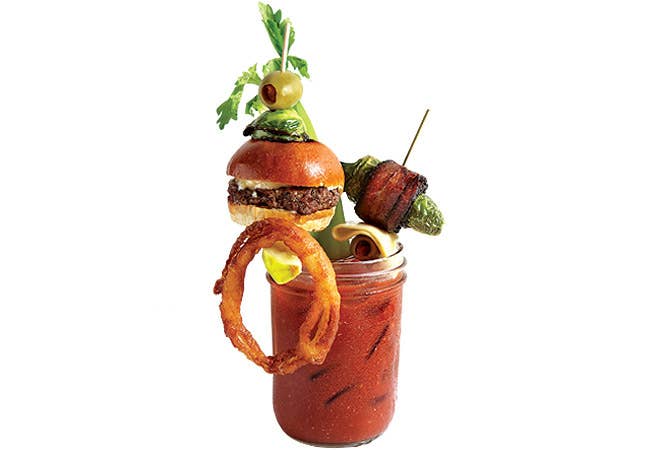
Imported Tilapia from China
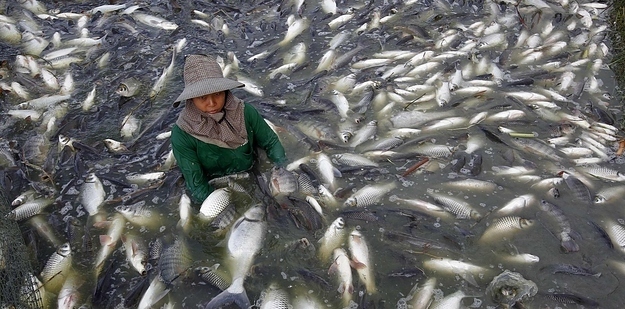
SOME Imported Farmed Atlantic Salmon from Chile
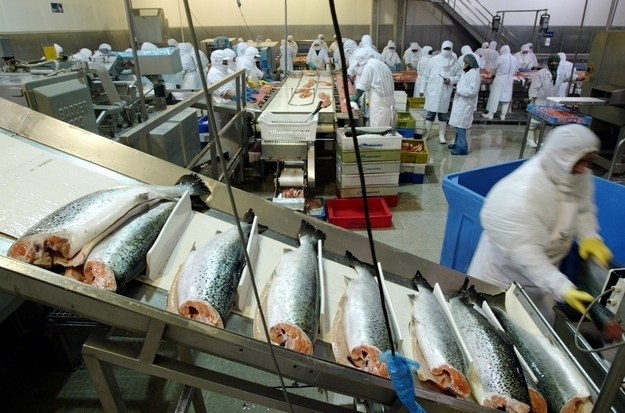
Any Cheap, Frozen Fish of Unknown Provenance
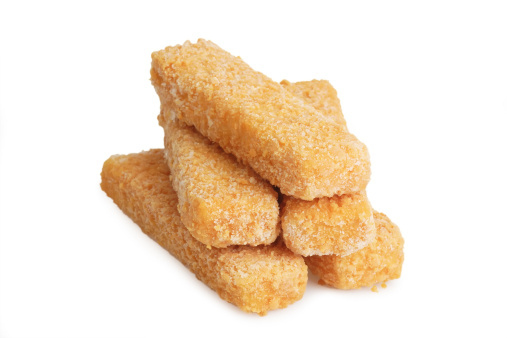
A few more furlough food-shopping tips:
Choose local or domestic shellfish.
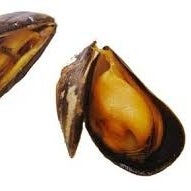
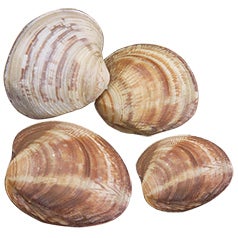
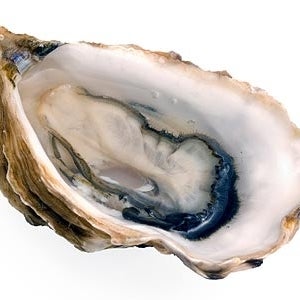
Know that most of America's scallops are imported from China. Our mussels often come from Canada. Our clams frequently come from Asia and Canada, and many of our oysters come from China. This is all just fine most of the time, but if the FDA stays closed for weeks or months, it's worth being more vigilant about choosing local and domestic for shellfish.
Be extra careful with imported fruits and vegetables you plan to eat raw.
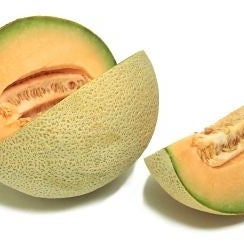
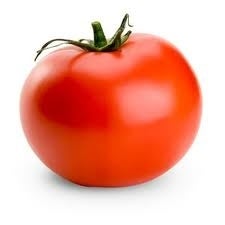
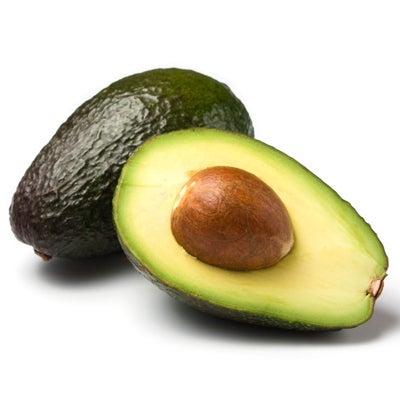
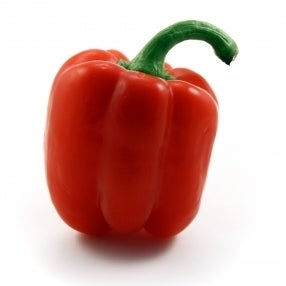

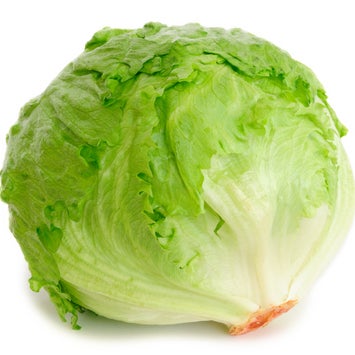
The produce at your supermarket that's most likely to have been imported are tomatoes, peppers, cucumbers, avocados, melons, grapes, and tropical fruits like papayas and mangoes. About half of fresh fruit consumed in the U.S. and 20% of fresh vegetables are imported, most of them from Mexico.
How to handle raw fruits and vegetables more carefully:
1. Don't eat produce with visible signs of decay.
2. Rinse and scrub the skin or rind of fruits and veggies. Even if you don't plan to eat the skin or rind, your knife can transfer bacteria from it to the flesh of the produce. Always use a clean knife and cutting board, and wash them frequently.
3. Fill a big bowl with water and add a couple spoonfuls of white vinegar, soak your fruit or vegetables in that vinegar water for a minute or two, then rinse.
